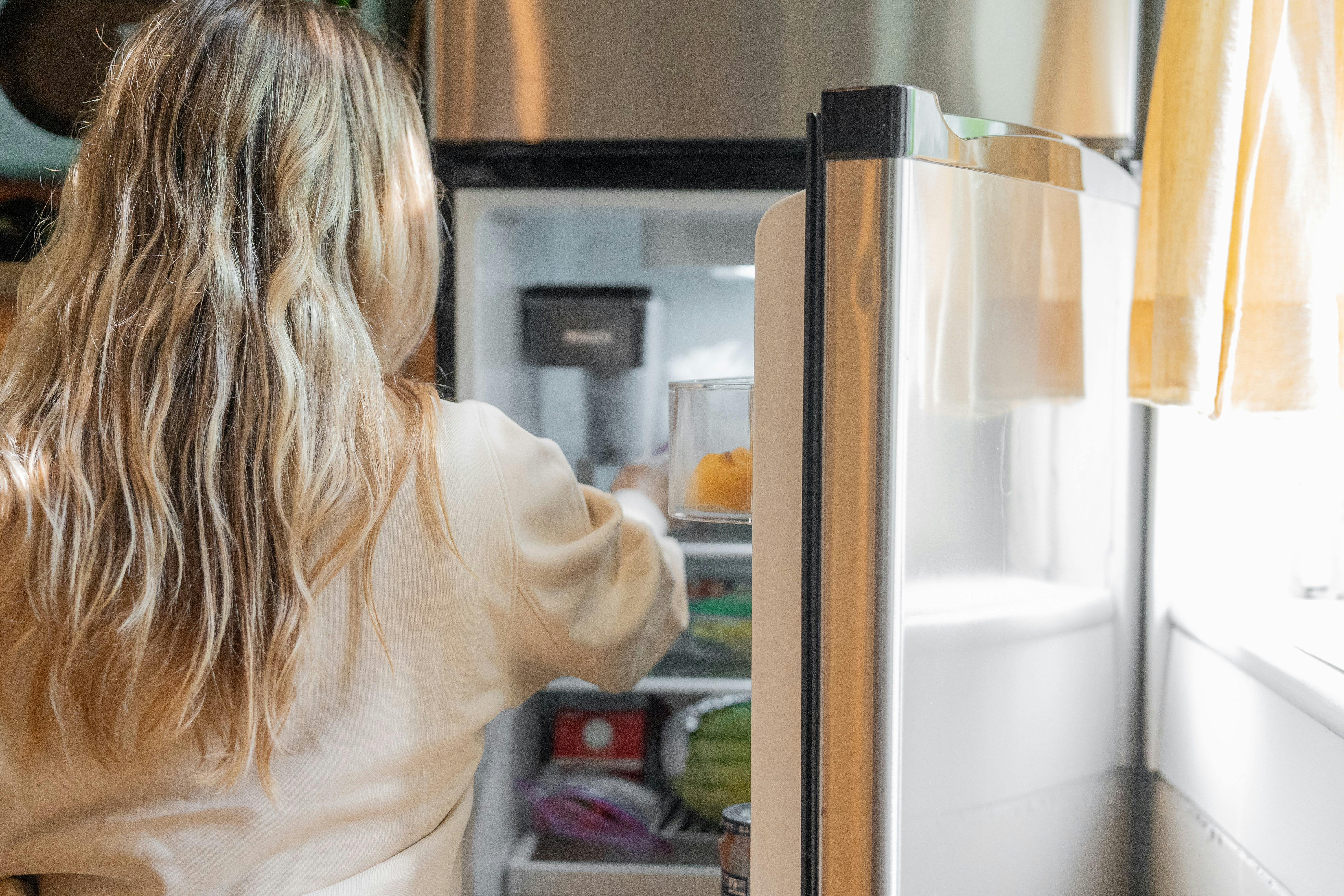How to reduce hospital readmissions? AI kitchen appliances
Do you make coffee every day? Or perhaps tea?
If you’re not a big caffeine drinker, we bet that you at least open your fridge once or twice a day to feed yourself.
These simple activities are part of your healthy everyday life. Unless you’re out of town, a disruption to these routines may indicate something is amiss.
That’s the idea behind an NHS pilot project, which seeks to reduce hospital readmissions with a new approach to remote patient monitoring.
The key? The patients’ kitchen appliances.

What makes these kitchen appliances special?
Truth be told, it’s not the appliances themselves that do the trick.
The project, called Onward Care, relies on a system of feedback between sensors and Onward Care staff monitoring the data and targeting interventions.
The system involves AI-enabled electronic sensors in kettles and refrigerators in patients’ homes. The data from these sensors can help providers monitor patients’ eating and drinking habits after discharge, detecting any changes in these patterns.
The pilot program then helps hospital staff target investigations and interventions when any variance in usual eating and drinking habits is detected.
“AI is here to work with us, not to do the job for us,” said Jenny Ricketts, deputy chief operating officer for Buckinghamshire trust. “People, especially the elderly, like human contact. The AI just makes it easier for us to do that.”
Under the pilot, there has been a 77% reduction in avoidable hospital readmissions, the Onward Care managing director has reported. So far, the program has supported around 140 patients at home for a 12-week period post-discharge.
Our Perspective: Stopping preventable readmissions must be a medtech priority
Before the Onward Care interventions, program officials estimated that around 40% of “frail” patients—those who may not have been fully recovered upon discharge—would be readmitted to the hospital within six months.
Preventing this kind of escalation in illness must be a healthcare priority—and thus an innovation priority.
Kitchen appliance sensors are not the only tool at our disposal—and not even the only elder home monitoring devices the NHS is considering.
Another exciting tool is named Monica. Akin to the Amazon Echo Alexa voice assistant, the device is placed in recently-discharged elderly patients’ homes and monitors their progress—all with sound and voice. Specifically, Monica can detect mental and respiratory health changes that may be indicative of a possible readmission. It even tracks physical activity, noting changes in walking patterns that may indicate an increased fall risk.
Increased hospital stays are costly for health systems like the NHS, which invested £250 million last year in programs to combat discharge-related delays.
But the issue goes far beyond costs. Extended hospital stays increase the risk for a variety of health threats, especially for older adults, including:
- Hospital-acquired infections
- Delirium
- Overall declines in mental health and confidence
- Pressure ulcers
- Worsening physical disabilities
- Caregiver stress
As such, preventing unnecessary hospital readmissions must be looked at as a particularly achievable form of preventative care.
And while it may not be as “sexy” as cancer detection or epigenetic longevity forecasting, it’s the kind of preventative care we owe our elders to invest in. Especially when the devices in this field can be so simple.